JYellowL: Empowering an island
Words: Eric Davidson
Photography: Ellius Grace
Following the announcement of this year’s Choice Music Prize nominees, we are revisiting our archives and dusting off some of our favourite features with the selected acts.
JyellowL is Irish exceptionalism personified. Showing wisdom beyond his years, he’s had an understanding of his message from day one and rather than finding where he fits in the world he’s carved out his own unique lane. We caught up with him in his ascendency as a young spitter cutting his teeth in the Irish hip hop scene, but since then he’s defied the odds by having music feature in FIFA 19 and looked towards career longevity by starting his own record label. Spelling out his motives and ambitions in the interview, it’s inspiring seeing him fulfil his goals with a Choice Prize Nomination.
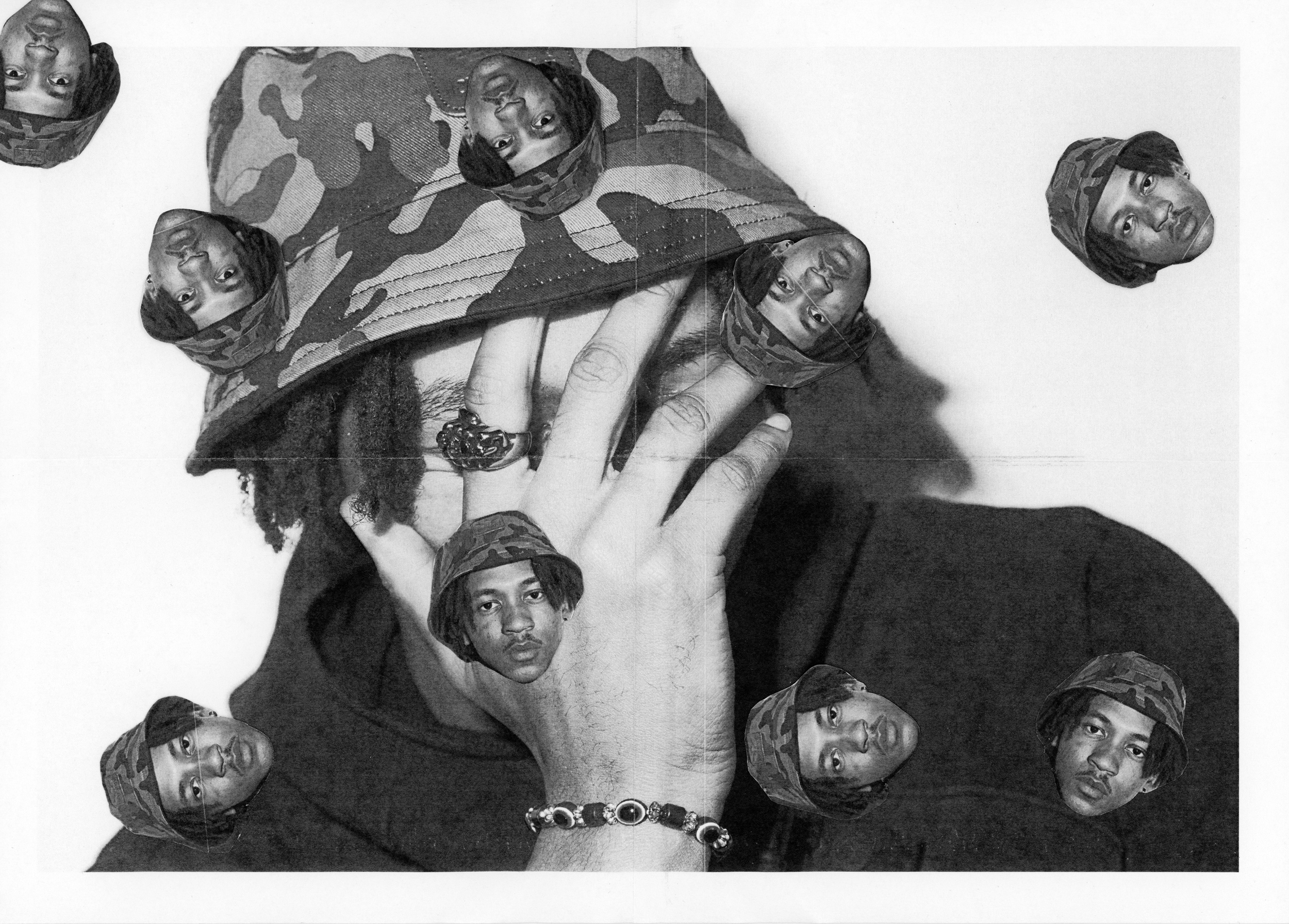
In December 2016 a track landed in my inbox with the subject line akin to ‘18 year old Irish rapper shares debut’. Around this time Hare Squead were gaining traction in the UK and Ireland was about to enter what many consider a defining era for hip hop. The correspondence was from JyellowL and it contained a link to the video for ‘Life Right Now’, a track that touched on the Syrian refugee crisis, social media addiction, and European terrorist attacks.
The self-described “smart rapper… René Descartes rapper” was touching on heavy subject matter, especially for a then very young man. This was perhaps explained by his academic background in politics and a musical upbringing that involved being exposed to brilliantly radical artists such as Fela Kuti, Erykah Badu and Tupac. Even back then his tracks explored positivity, with level-headed dashings of realism, it was mature art, far beyond his years.
Now in his early 20’s, he’s still in the infancy of his career, but he’s made strides that many only hit over the course of a decade.
He’s released two lengthy EPs and a steady stream of singles and videos. He’s performed at a rake of festivals across Ireland and the UK and just performed his first headline show in London.
At 19, he was also profiled by Vice where it said that he is part of a generation of artists growing up in Ireland post-recession, youths who are “determined to make Ireland a destination for music and art, rather than having to go abroad to say they have made it”.
In a Dublin city centre studio we sat down with JyellowL to find out what he’s learnt about himself and the music industry by choosing to stay in his hometown.
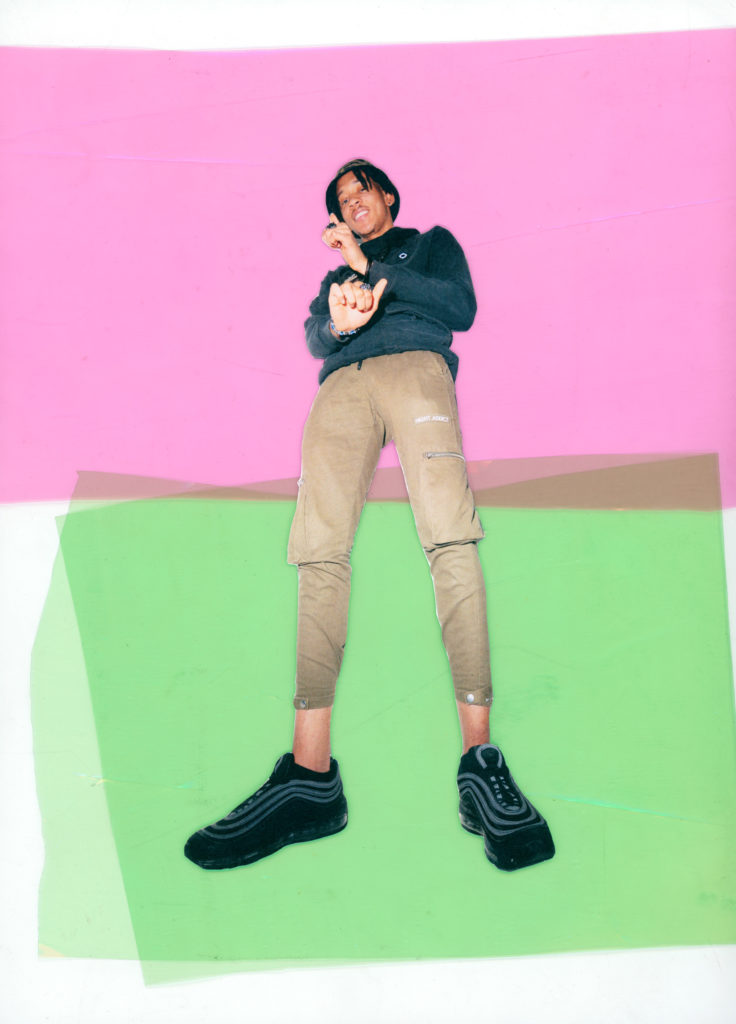
I was looking back on old articles I wrote about you on District. We posted about ‘Life Right Now’ in 2016 and a whole lot has changed for you since then. What were you goals back then?
To this day, the goals have always been the same. They’re long term goals. It’s about getting the music across through music and inspiring as many people as possible through it. Also, it was about getting my ideas across, whether that’s musically, politically, or whatever else. That’s been the goal and getting it to the biggest audience as possible to the masses.
Back then, in 2016, we had no music industry acumen. We’re just figuring out everything day by day.
It’s good to have those lofty goals, and then those minor victories are going to keep you gassed and keep you confident.
100 per cent, man. It’s going to take time to get to a place where I can be like, ‘You know what? We’ve achieved all of the goals I’ve set out for myself’.
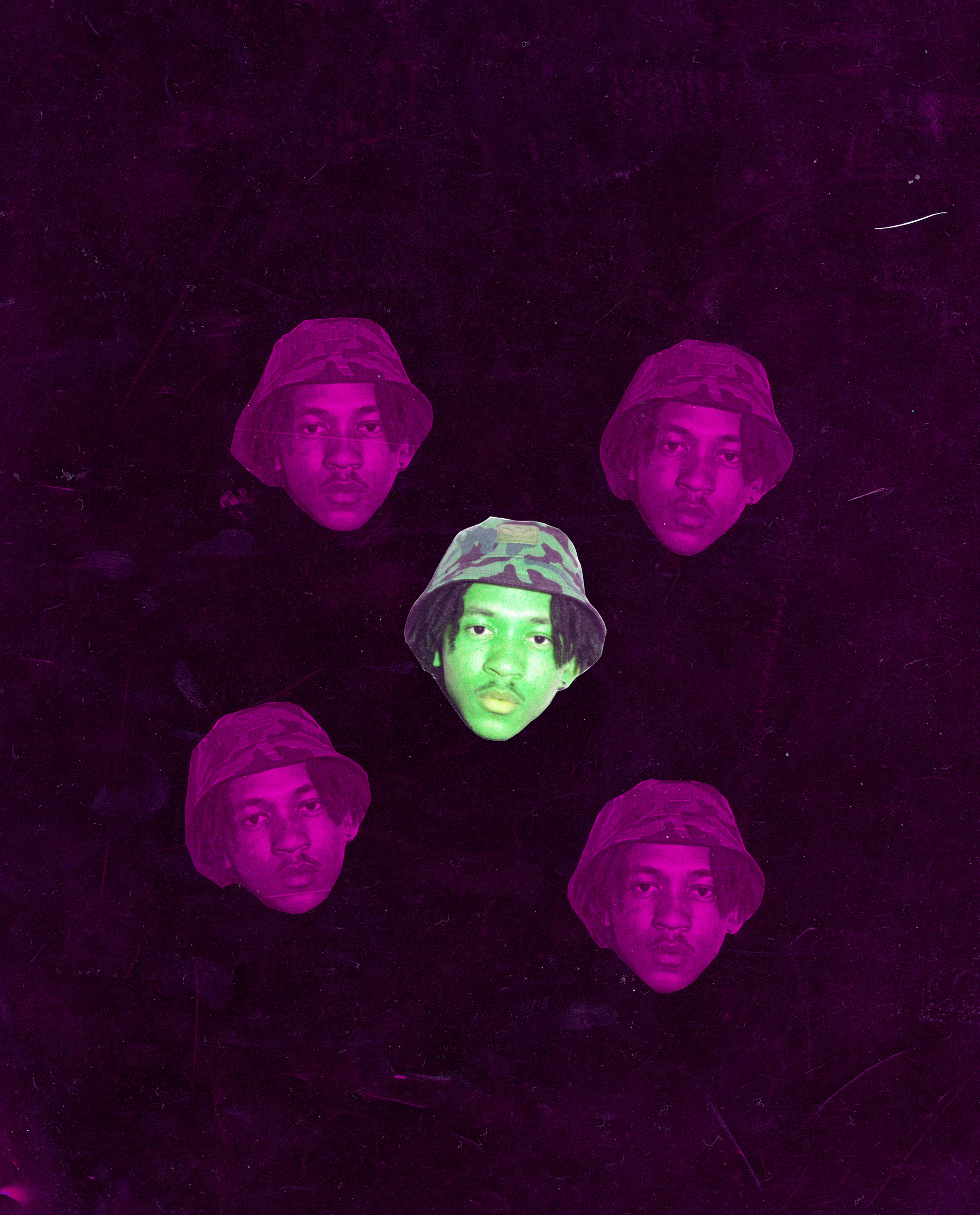
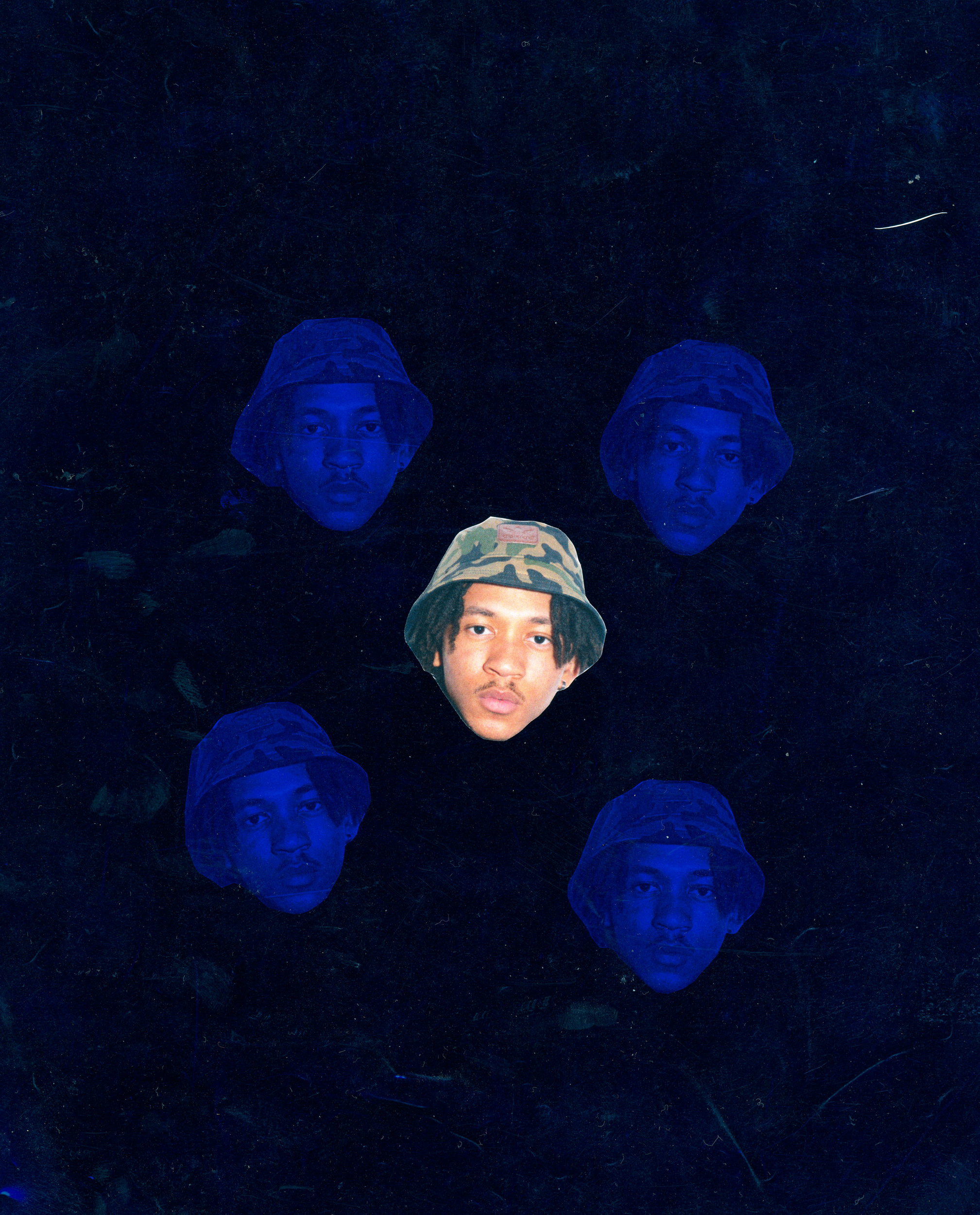
“I will always empower because I know how it feels not to be empowered.”
JYellowL
It was such a fully formed sound even back then, and since then it’s become even more well-rounded and it feels like you’ve found your feet in many ways. You were only 18 when you started off? How were you so confident in your ability and direction at such a young age?
The thing is, I’ve always been able to make music of a certain standard and quality. I was able to identify what I knew was high quality. I was filtering everything as a listener from a young age. I was idolising what I felt were the right types of music. I was looking up to the greats and trying to get to a level where I could compare myself to them. I come from a musical background, so if I was making something that wasn’t great then I would know first, but then my dad would know, my brother would know…
And you’d get told?
Yeah I’d get told [laughs]!
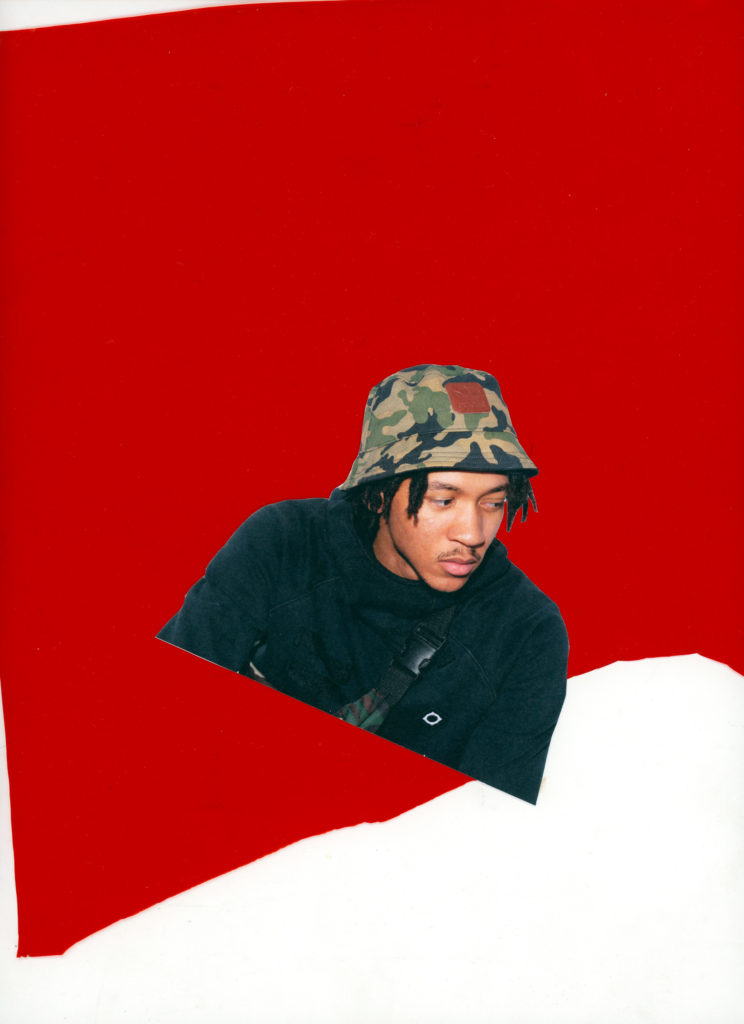
That’s something a lot of artists don’t get, some artists go through large parts of their lives without criticism, then they experience it in an abrupt way a little further down the line and it crushes them.
Yeah, you see I’m very conflicted on that. While it’s good to get feedback, but you come to realise that not everyone’s feedback is constructive. Even apart from that truth, you also come to realise that all music is subjective. I may have a certain thing on my track that you and the 10 people around you might not like, and that’s your opinion based on your reality and demographic. Then there might be another 100 people who I’m actually trying to target. No one else counts except the artist, if I sign off on it then that’s all the confirmation I should need. I don’t need external validation on certain things. Some things have a universal standard, like quality of sound, or good mastering, or good mixing. But as far as the music… So many people feel like they can give input… Go make your own song, with what you want to hear!
“Trying to please everyone dilutes the spiritual joy of creating art.”
JYellowL
Is that why the confidence and self belief you certainly have important? So you can listen to any type of criticism and choose yourself whether to take it on?
That’s very important. People tend to run too far with the mentality that this is a collaborative effort. As much as it is collaborative, you have to know to what degree. Especially someone like me, who’s very selfish with their art, I don’t work with a lot of people. I like to keep it in a nutshell, I wouldn’t want to take on too many opinions. A lot of people around me might not understand where I want to go with it, and that’s fine. It’s not for those people and I’ve come to terms with that. Trying to please everyone dilutes the spiritual joy of creating art.
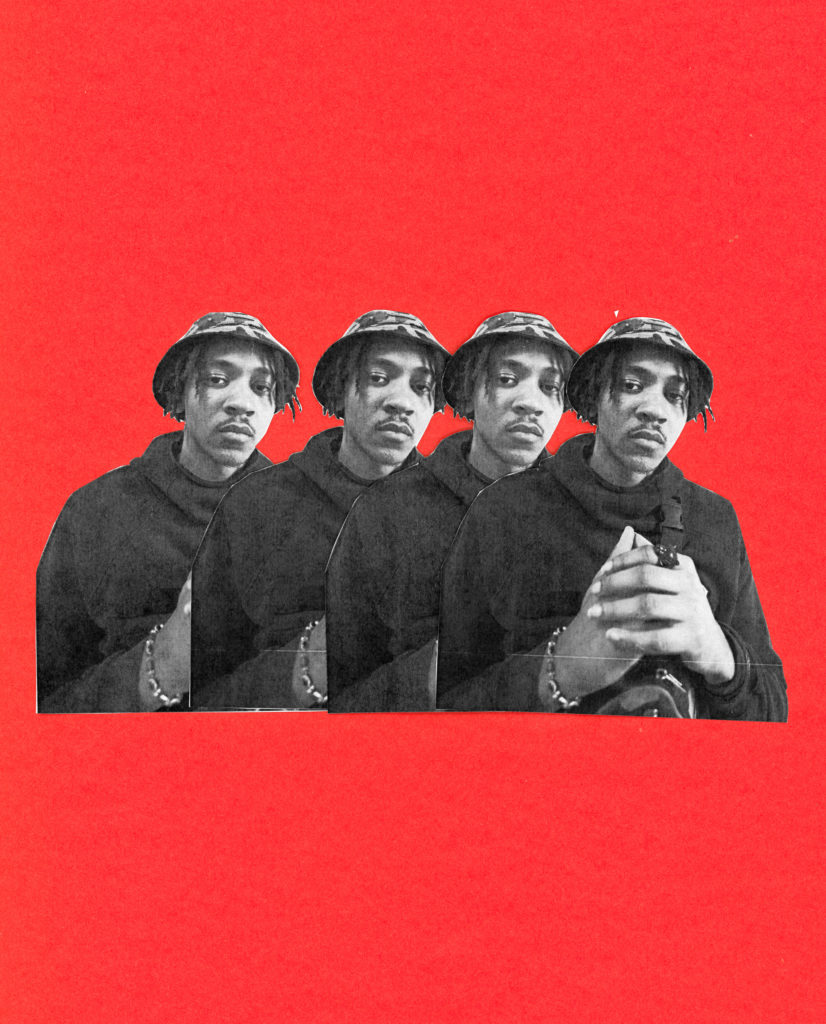
How has your outlook changed after these three or so years immersed in the music industry?
Even from before I started I knew that people would have something to say. They feel like because you’re up and coming that they’re in a position to give you advice on your music, and I don’t know why. I was always thankful, but in the back of my mind I knew I couldn’t get lost in that sauce. I had to always have my own compass of what I actually like and not what I’m doing because it’s a trend.
You’ve said before that it’s also important to not get lost in the attention of being a successful artist. As things have lifted off for you how do you stay humble and grounded?
It comes down to the hunger, man. While it can be acquired and learned, it’s innate. You have to stay hungry. There are so many people who think they’ve achieved before they’ve even achieved. I’ve been told by people that it’s good to celebrate minor successes, but I’ve never been that way inclined. I know at the end of the day that a minor success is a minor success and I’m trying to get to this level and if I get caught up celebrating everything that happens on the way up then that’s just time wasting. That’s why as soon as I’m finished a show or in the studio, boom, that’s it. On to the next thing. You can get gassed up performing at this festival or that, but at the end of the day, was I headlining? No. Was I on the main stage? No. When the festival announced my name did everyone run to buy tickets? No! I know that, I’m not naive. It may come across like I do, but I never believe my own hype.
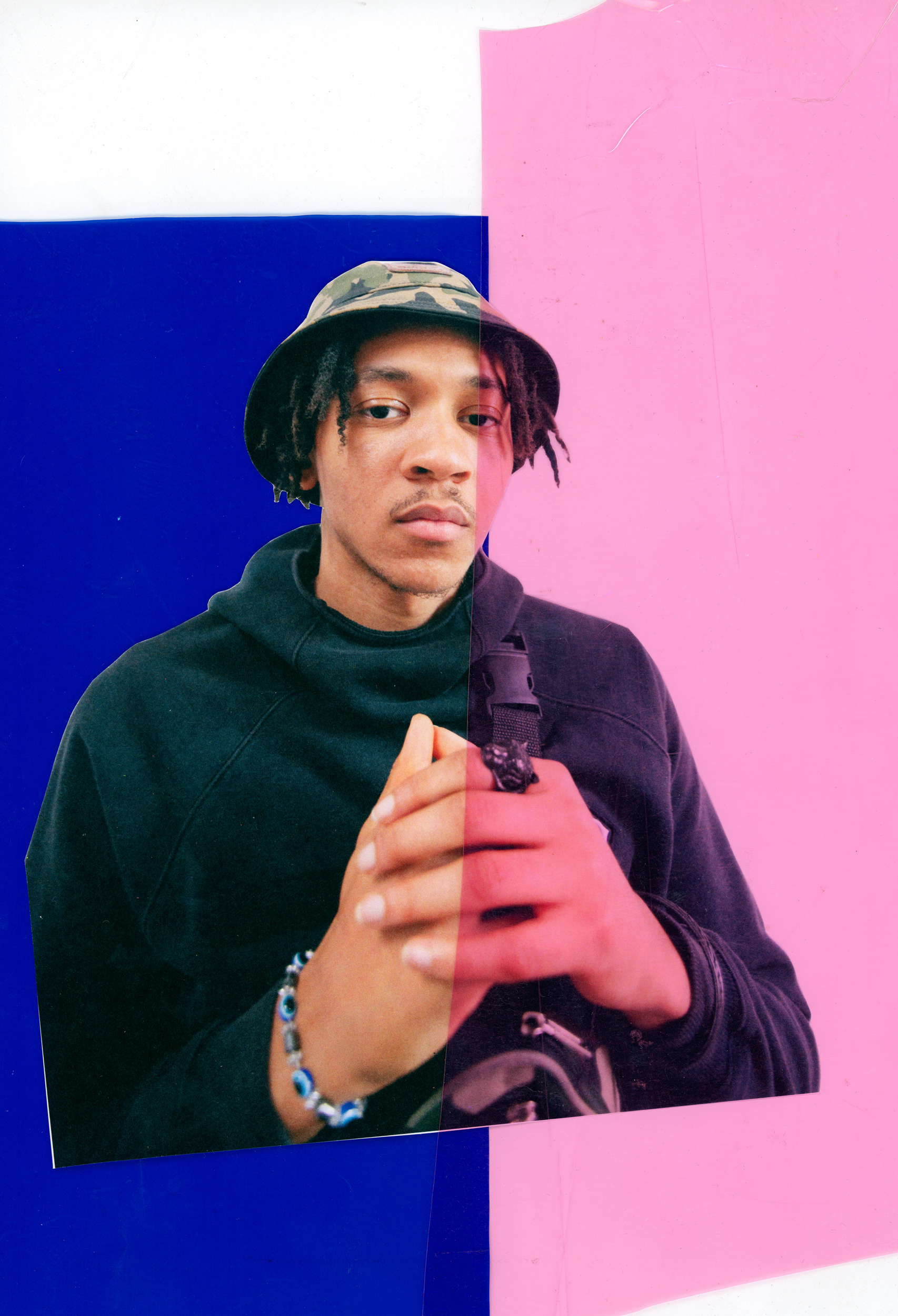
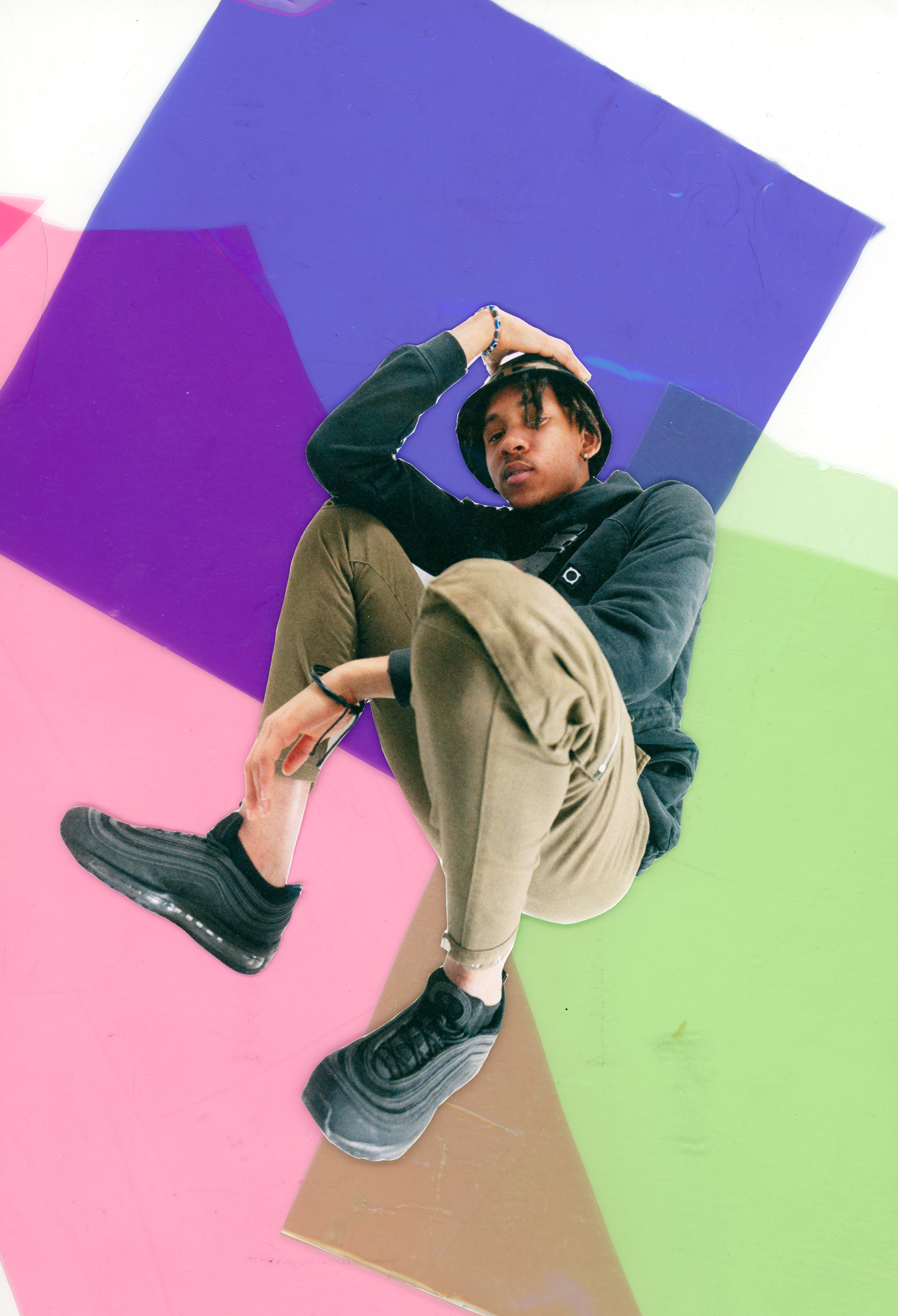
On that same note, to paraphrase one of your lyrics, I true to my roots to keep my feet grounded, what is it about heritage and family that keeps you from floating into the world of inflated ego?
I know that being in touch with my heritage has allowed me to progress. It has allowed me to keep a level head. I’m always able to speak to them, get advice from them, gain insight from them, I have that support system.
It’s also about the fact that I know where I came from. No matter how far it goes, I know that one day I was struggling and stressing about whether or not people would listen to my music, not even whether they’d like it, but even that they’d listen to it. The roots of where I started this journey. It means I’ll never look down on anybody and, if I’m in a position to, I will always empower because I know how it feels not to be empowered.
Was there a moment in your creative or personal life when you nearly gave up on this, but something shifted?
When anyone starts out the listenership is slow, you don’t know how the industry works, you’re using these left field ideas that you’ve come up with to get yourself out there. I remember one time I was in the studio and I told Chris [Kabs], ‘Yo, I don’t know if this is working out, what should we do?’, I never thought about stopping but I remember being very confused. I needed some reassurance or someone to vent to. He was like, ‘Man, this is just the beginning, whether or not you feel appreciated right now, as long as you keep going people are eventually going to pay attention’. That was that reassurance for me. He represents a lot in my career and journey. He’s been there as a figurative shoulder to cry on and he’s been there creatively. I was actually just in the studio working on the album with him today…
Is there a timeline for the new album?
Yeah, early 2020. It’s 80 per cent done right now. I don’t want to create any unnecessary hype, but when this album drops… Forget about Yellow Season, or Yellow Year… It’s Yellow Decade. Ah, I’m joking, but the album is going to be something really great. We’ve both put our best foot forward and tapped into places we didn’t even know we could. It’s exposed us creatively.

